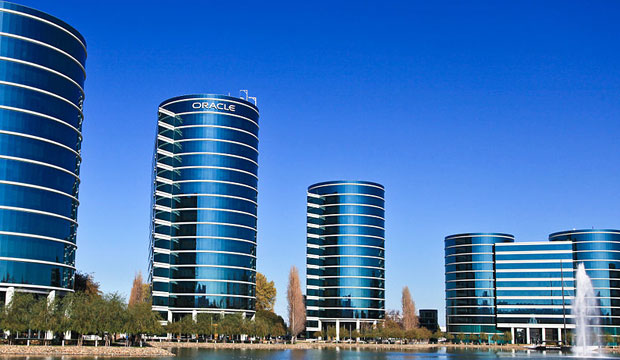Oracle — or could we say “Autoracle”? — has introduced more autonomous products, generally in keeping with what I see as a build-out of an information utility.
The products, announced last week, include Autonomous Analytics, Autonomous Integrations, Autonomous Builder code generation and free premium service. Let’s take a look.
The autonomous products broadly leverage a variety of analytics and machine learning tools that enable better and faster approaches with less human input and error. They also drive speed to market.
The latest offerings come on the heels of the OpenWorld announcement of the autonomous database and highly automated security products.
Patchwork Resilience
The general impression I get is of a company trying to make everything it builds autonomous and capable of running by itself, except for occasional inspection and evaluation by human handlers. This is the essence of gearing up information technology to operate as an uninterruptable utility service, sort of like electricity.
Like the electric grid, which comprises many generation and transport companies, the budding information utility will be made up of numerous vendors with slightly different offerings. All will adhere to open standards.
The result will present the appearance of a national grid, but in reality it will be comprised of a patchwork of companies. In these fraught times, that approach might offer more resilience than one in which a single vendor runs everything.
Oracle announced free premium service for Fusion products to entice customers to move to the cloud — an indication of its high level of confidence in its chosen direction. At the same time, the company announced a higher level-of-service offering that delivers what you might call “concierge services” for software — if software had such a thing. Who knows? This could be a harbinger.
Fluid Situation
All of this information came out of Oracle Media Day, a conference the company held on its sprawling campus in Redwood Shores, California. Notably, the event was attended by CEO Mark Hurd, who led the premium service announcement, and Thomas Kurian, president of product development. Other executives at the SVP and EVP level also attended to break various news bits. They spoke to an audience that included media from all over the world.
We can draw several conclusions from all this. First, Hurd apparently sees the “utility” concept in much the same way that this article does, and the rest of the company is solidly behind that direction.
The strategy has been working, based on the last annual financial report, with cloud software revenue jumping. Other parts of the cloud, notably platform and infrastructure, have suffered from the reality that it can take more effort to build and provision data centers than software. However, this likely is a temporary problem.
Second, Oracle is not alone in the space, and other vendors — like Microsoft, IBM, Amazon and Salesforce — all have considerable investments in building their corners of the information utility market. If I had to handicap the race at this point, I’d say that the situation is fluid, and that Oracle has a lot in the infrastructure space, including all of its autonomous introductions.
IBM seems focused on analytics, which I think is important but not necessarily sufficient to compete across the board. You could make a similar observation about Amazon Web Services, which is a solid performer in the infrastructure space. The utility race won’t be solely about infrastructure. I’m giving Microsoft a pass until I know more, and I will have more to say about Salesforce soon.
My Two Bits
For now, Oracle seems to be doing the right things. In addition to its refreshed product line, the company sports a new and enlightened attitude toward customers, certainly in the cloud.
Some financial analysts don’t see all of this, and they focus on conservative financial forecasts as a sign that the company has not been moving fast enough. They might be right.
However, the ongoing effort to build cloud products in advance of migrating them to cloud infrastructure services is enormous and complicated, with little room for failure. That may be why Oracle has been sticking to its forecast that the effort will take at least a decade.
























































Social CRM
See all Social CRM